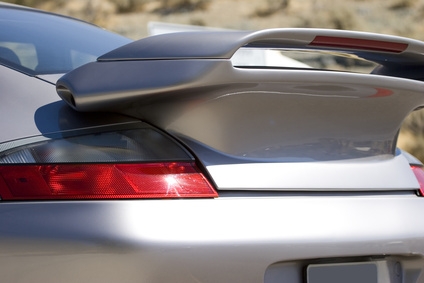
Performance chips are essentially software upgrades for your vehicle. By changing critical engine parameters such as fuel to air ratio, spark plug timing and so on, performance chips can make your car faster. However, drawbacks to using them do exist.
Onboard computers control modern engines, and constantly adjust the amount of fuel and air that enter combustion chambers, when the mixture is ignited, how far the valves will open and so on. The onboard hardware managing these complex tasks is known as the "Engine Control Unit" or ECU.
The software in the ECU aims to find a delicate balance between power, fuel economy, emissions and longevity. Since road cars almost never pursue maximum power output at the expense of other objectives, they are capable of producing more power by making compromises elsewhere.
"Adding a performance chip" refers to replacing the ECU with a new unit that uses different software. This usually increases both power and torque output, but increases fuel consumption and may give rise to reliability problems. Furthermore, most manufacturers will refuse to honor your warranty in case of a mechanical breakdown if they find a performance chip on your engine.